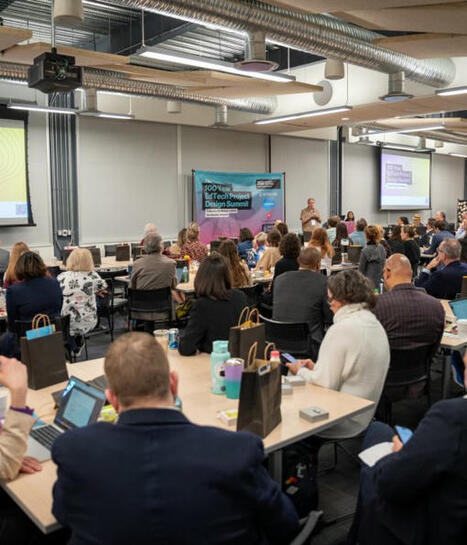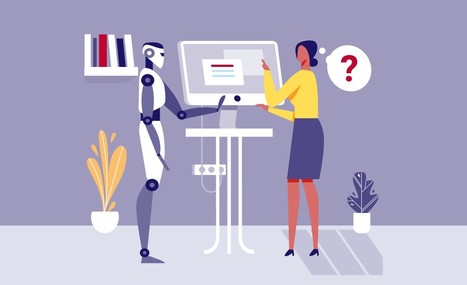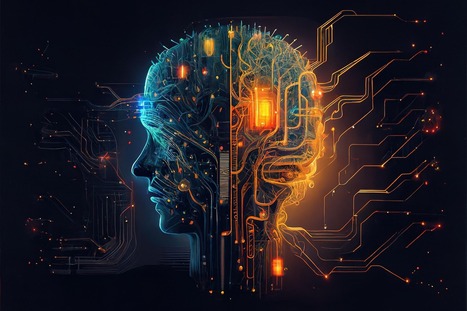We need to reckon with what ChatGPT is doing to the classroom and to human expression.
Get Started for FREE
Sign up with Facebook Sign up with X
I don't have a Facebook or a X account
 Your new post is loading... Your new post is loading...
 Your new post is loading... Your new post is loading...

EDTECH@UTRGV's curator insight,
July 18, 12:38 PM
"[W]hen students graduate, they have the skills necessary to determine the authenticity of online information and to be able to determine its merit." |

EDTECH@UTRGV's curator insight,
July 17, 9:50 AM
"Words like “training,” “fine-tuning” and “optimization” are frequently used to describe human behavior. But we don’t train, fine-tune or optimize in the way that AI does."

EDTECH@UTRGV's curator insight,
July 15, 9:47 AM
Artificial General Intelligence (AGI) refers to AI reaching human-level intelligence across many tasks, but its definition, timeline, and potential impact vary widely depending on who you ask.

Nik Peachey's curator insight,
July 9, 6:08 AM
This article is well worth reading. - AI can help, or hurt, our thinking. I particularly like the conclusion “Our fear of AI “damaging our brains” is actually a fear of our own laziness. The technology offers an easy out from the hard work of thinking, and we worry we'll take it. We should worry. But we should also remember that we have a choice. Your brain is safe. Your thinking, however, is up to you.” 
Richard Platt's curator insight,
July 10, 8:52 AM
Author Ethan Mollick states, "I increasingly find people asking me, 'Does AI damage your brain?” It's a revealing question. Not because AI causes literal brain damage (it doesn't) but because the question itself shows how deeply we fear what AI might do to our ability to think. So, in this post, I want to discuss ways of using AI to help, rather than hurt, your mind. But why the obsession over AI damaging our brains? - This article is well worth reading. - AI can help or hurt our thinking. I particularly like the conclusion, “Our fear of AI's damaging our brains” is a fear of our laziness. The technology offers an easy out from the hard work of thinking, and we worry we'll take it. We should worry. But we should also remember that we have a choice. Your brain is safe. Your thinking, however, is up to you.” |


































This is interesting.